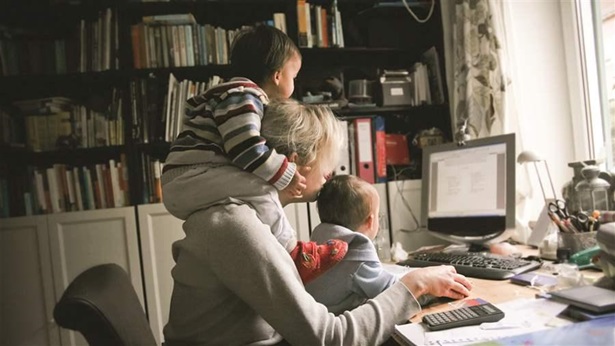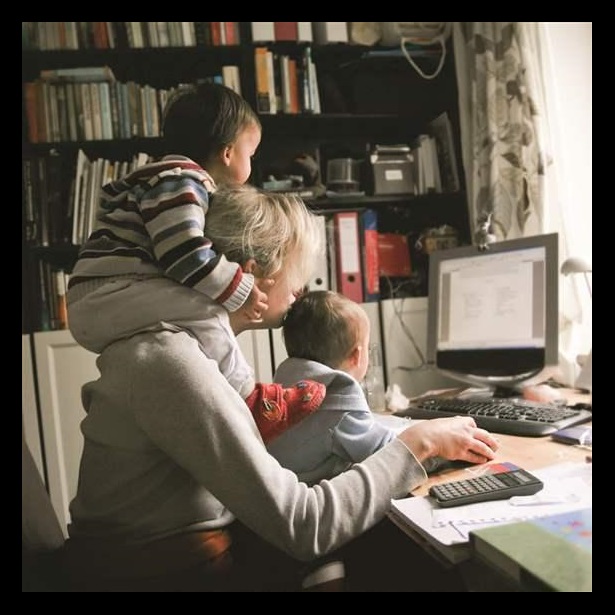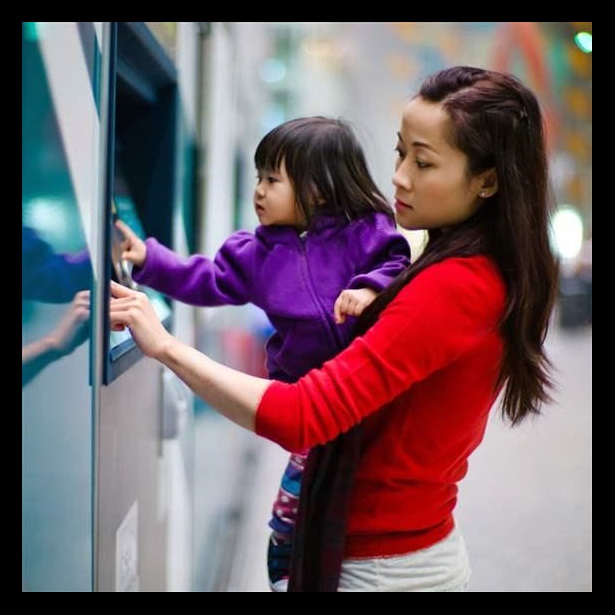Economic Mobility in Rural America
A discussion of education, access, and opportunity
Held in partnership with the Senate Economic Mobility Caucus, co-chaired by Senators Jerry Moran (R-KS) and Sherrod Brown (D-OH)
Since the Great Recession, the demographic and economic chasm between rural and urban communities in the United States has grown. Today, rural Americans—about 17 percent of the U.S. population—often face challenges that include lower wages, higher rates of joblessness, and inadequate services and infrastructure necessary to ensure opportunity.
Outcomes for rural college graduates can differ significantly from those of urban students, and the migration of highly educated, working-age Americans to densely populated areas affects rural economic growth. The absence of public transportation and robust social and educational services also is a barrier to economic mobility in these areas. Economic exclusion is heightened by the departure of banks and other financial service providers and an increase in predatory lending.
Support from the federal government, states, nonprofits, and the for-profit sector for entrepreneurship—and to increase educational opportunity, infrastructure, and social and financial services in rural communities—is important to help people move up the economic ladder no matter where they live. Please join us for a discussion with leading experts on how to ensure that rural Americans are both economically mobile and financially secure.
Moderator
Lance George, Housing Assistance Council
Speakers
- John Cromartie, U.S. Department of Agriculture, on a changing rural America
- Andrew Koricich, Appalachian State University, on how living in a rural community influences postsecondary choices
- Nisha Patel, U.S. Partnership on Mobility from Poverty, the Urban Institute, on access to services in rural areas
- Yvonne Sparks, Federal Reserve Bank of St. Louis, on access to financial institutions and services and pathways to economic growth
Lunch will be provided.
The Pew Charitable Trusts makes every effort to comply with federal, state, and local government ethics rules, including when hosting events. Please make sure that your participation is consistent with applicable ethics rules.


America’s Overdose Crisis
Sign up for our five-email course explaining the overdose crisis in America, the state of treatment access, and ways to improve care
Sign up

The Precarious State of Family Balance Sheets


Americans' Financial Security
Perception and reality






